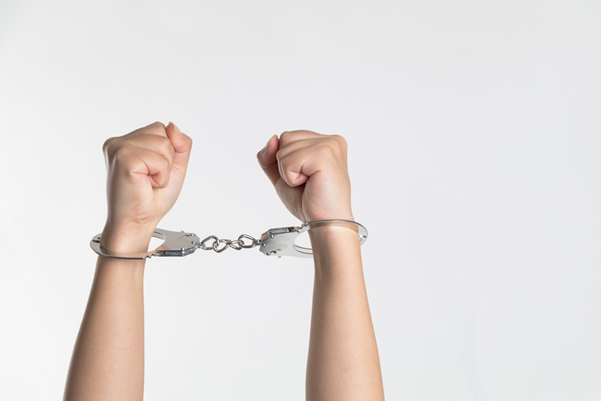When we talk about addiction, most people are usually eager to mention its effects on health and the damage it does to families. Unfortunately, the effects of addiction on a country’s economy never make it into these conversations. This is why in this article, we’ll be focusing on what kind of effects addiction can have on an economy.
– Increases Government Spending
As the percentage of addicts increases in the community, the responsibility falls to the government to take measurements in order to prevent substance abuse and to provide treatment and support for victims and those who seek recovery. On one hand, this is a good thing as it provides help for people. Yet, economically speaking, it is quite a drawback. Every resource allocated towards treating or preventing addiction takes away from a country’s budget, and that’s not all. The money a government spends on addiction is money that could be spent on developing a country’s infrastructure, providing jobs, making trade agreements, and developing the economy in general.
– Decreases Productivity
When under influence of any type of drugs, there’s no doubt that any individual’s productivity will be temporarily affected. With addiction, the effect on productivity is a lot more intense since, under influence a person won’t be working at full mental capacity. Not only that, but also when they’re not under influence, they won’t be doing much work. Why? In an article revolving around addiction definition, American Addiction Centers define behavioral addiction as, “the compulsion to continually engage in an activity or behavior despite the negative impact on the person’s ability to remain mentally and/or physically healthy and functional in the home and community.” Now, on a grand scale, this can affect an entire country’s economy by decreasing its ‘Gross Domestic Product’ rate; how much a country produces. This rate is one of the main tools economists use to assess a country’s economic growth and strength, too.
– Increases Crime Rate
Addiction is closely associated with crime rates for several reasons. Most importantly, addiction is an expensive habit. Whether the addiction is to shopping, heroin, or alcohol, a person will be spending a lot of money to get their daily fix. With the deteriorating mental state, and the increased spending, an addict is more likely to lose their job. Now, to get their daily fix, there’s a high chance for them to resort to crime. Needless to say, an increase in crime rates is a huge blow to a country’s economy. It scares investors away, increases prices, reduces housing prices, and causes general distress to citizens, which has its own indirect effects on the economy.
Having said all of that, keep in mind that addiction is a form of illness, and despite what most may think, it isn’t a choice. In addition, it isn’t only limited to alcohol and drugs. An individual can get addicted to food, sex, pornography, shopping, gambling, or even exercise. All types of addiction have negative effects on any economy. It is not about the substance that one is addicted to; it’s about how that substance impairs performance.




